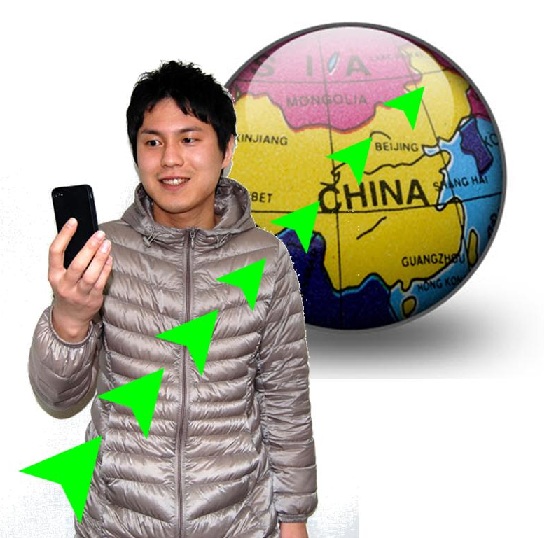 Mobile games are picking up steam in China
Mobile games are picking up steam in China
When it comes to online gaming, China is a thriving market. China has been closed off to console gaming for several years, but this has allowed the PC gaming sector to thrive. While laws exist in the country that limit the amount of time a person can spend on online games, the PC game market has managed to grow exponentially over the past few years. According to a new report from Niko Partners, the PC online game market in China is expected to hit $11.9 billion in revenue by the end of this year. Mobile games, however, may derail these forecasts.
Online games continue to prove very successful among consumers
One of the most popular online games in China currently is World of Warcraft. This game has helped the PC gaming market thrive due to its addicting nature and the hours upon hours of content it offers to players. Less popular online games have also helped the growth of the market, but the grip that these games have on the Chinese market may be loosened by a major shift in focus toward mobile games and other, less casual titles.
Mobile games offer consumers more freedom
The Chinese market is beginning to grow more interested in mobile games. Part of the reason behind this is because these games are often more social and much more casual than other online games. China also does not restrict the time consumers can spend on mobile games, and these games are not required to be played in Internet cafes, making them immediately more accommodating to those that are not interested in spending a few hours in a particular space.
Online games expected to continue showing strong progress
While online games may be losing their luster with Chinese consumers to some degree, the market is still responsible for strong revenue. Niko Partners predicts that the online PC gaming market will continue to grow despite the impact of mobile games and that this growth will remain steady for the next five years.
 Alipay puts a new twist on mobile payments
Alipay puts a new twist on mobile payments
Alipay, a leading third party online payment solution provider in China, has launched a new payment system in the Beijing Subway. The system is designed to accommodate those interested in mobile payments, allowing them to use their smartphones or tablets to pay for public transit tickets. Such a payment system is nothing new, especially in the realm of public transportation, but the way that Alipay’s system facilitates mobile payments certainly breaks away from the established norm.
System uses sound waves to facilitate payments
Alipay’s mobile payments system uses sound waves in order to facilitate mobile transactions. The system relies on the Alipaw wallet, a digital wallet application that was released in January of this year. The application emits white noise, which is registered by the payment system, which then initiates a transaction. This white noise mechanic was initially meant to facilitate peer-to-peer transactions, but Beijing Subway saw significant promise in the applications capabilities.
Alipay Wallet application heavily influenced by growing demand for mobile commerce services
The new system has been launched in two stations in the Beijing Subway. More systems are expected to be installed throughout the subway network in the near future. Alipay notes that the growing importance of mobile payments in the lives of consumers was a strong inspiration for the development of this new payment system. The Alipay Wallet application is available to both Android and iOS consumers, but the latter group is noted as a major contributor to the development of the application’s sound-based mechanics.
Application meant to make mobile commerce more accommodating to iOS consumers
NFC technology has long been a cornerstone of mobile payments, but this technology is not available for iOS devices due to Apple’s disapproval of the technology. As such, iOS consumers have had to rely on alternatives in order to participate in mobile commerce. The sound-based features of the Alipay Wallet are meant to make it possible for iOS consumers to make mobile payments easily without having to worry about having access to NFC technology.
 Mobile games are picking up steam in China
Mobile games are picking up steam in China
 Alipay puts a new twist on mobile payments
Alipay puts a new twist on mobile payments